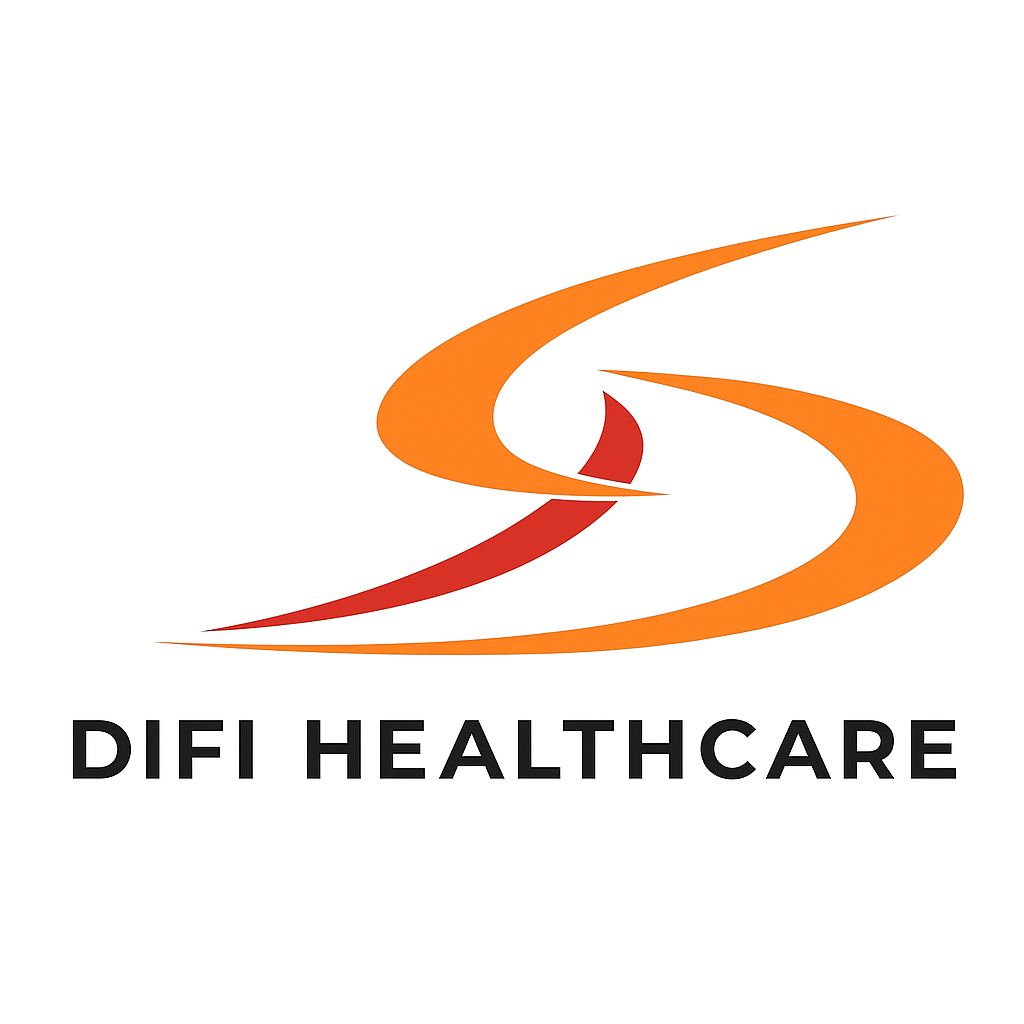MUGA Scan (Multigated Acquisition Scan)
A MUGA Scan, also known as a Mitigated Acquisition Scan or Radionuclide Ventriculography, is a specialized nuclear medicine imaging test used to measure how well your heart chambers are pumping blood. Many patients searching for a MUGA Scan for heart function choose this test because it is one of the most precise and reliable ways to assess heart performance, especially the ejection fraction (EF) — a key indicator of how effectively the heart pumps blood with each beat. This makes a MUGA Scan for heart function an essential tool in diagnosing heart failure, monitoring cardiac treatments, and evaluating chemotherapy-related heart effects.
At DIFI Healthcare, we provide advanced and trusted MUGA Scan for heart function services using high-end nuclear imaging systems operated by skilled cardiology and nuclear medicine specialists. Our team ensures safe, accurate, and detailed cardiac evaluations for every patient, promoting effective treatment planning and long-term heart health.
Preparation Guidelines
To ensure accurate and clear imaging results:
- Fasting: Avoid eating or drinking for 2–4 hours before the scan.
- Medication: Inform your doctor about heart medicines, chemotherapy drugs, or recent medical treatments.
- Clothing: Wear loose, comfortable clothing. You may be asked to change into a gown.
- Pregnancy & Breastfeeding: Inform the technician beforehand for safety precautions.
- Hydration: Drink water after the scan to help eliminate the tracer from your system.
Key Benefits of a MUGA Scan
- Highly Accurate Measurement: Provides precise ejection fraction and heart wall motion data.
- Non-Invasive and Safe: Involves a small, harmless dose of radioactive tracer.
- Ideal for Chemotherapy Patients: Monitors heart function during and after cancer treatment.
- Assists in Early Detection: Detects subtle changes in heart performance before symptoms appear.
- Guides Treatment Plans: Helps doctors tailor therapies for better cardiac outcomes.
How the MUGA Scan Works
- A small amount of a radioactive tracer (Technetium-99m) is injected into your bloodstream.
- The tracer attaches to your red blood cells, allowing the camera to track the movement of blood through your heart.
- Using a gamma camera, multiple images of your heart are taken over several cardiac cycles — both at rest and sometimes after mild stress (exercise or medication-induced).
- The images are analyzed by nuclear medicine specialists to calculate the ejection fraction and assess heart wall motion.
The test is completely safe, painless, and typically takes about 45–60 minutes.
Purpose of a MUGA Scan
A MUGA Scan is often recommended for patients who need a detailed assessment of heart performance and muscle strength. It is particularly helpful in:
- Diagnosing heart failure or cardiomyopathy
- Monitoring heart function during chemotherapy or radiation therapy
- Evaluating damage from previous heart attacks
- Assessing the effectiveness of cardiac treatments or surgeries
- Measuring ejection fraction (EF) for treatment planning
Why Choose DIFI Healthcare for a MUGA Scan?
- Latest Gamma Camera Technology for crystal-clear cardiac imaging.
- Experienced Nuclear Medicine & Cardiology Specialists ensuring diagnostic accuracy.
- Fast Turnaround Time with same-day or next-day reports.
- Affordable Heart Imaging Packages for all patients.
- Patient-Friendly Environment with professional care and comfort.
After the Scan
- You can resume normal activities immediately.
- The radioactive tracer leaves your body naturally within 24 hours.
- Your results are reviewed by our cardiac imaging experts, and a detailed report is shared with your referring doctor promptly.
Book Your MUGA Scan at DIFI Healthcare
- Ensure your heart is functioning at its best with a MUGA Scan at DIFI Healthcare. Our expert cardiac imaging team provides accurate, safe, and detailed assessments to help guide your treatment effectively.
- Visit your nearest DIFI Healthcare center or book your MUGA Scan online at www.difi.in for precision-driven heart imaging.
